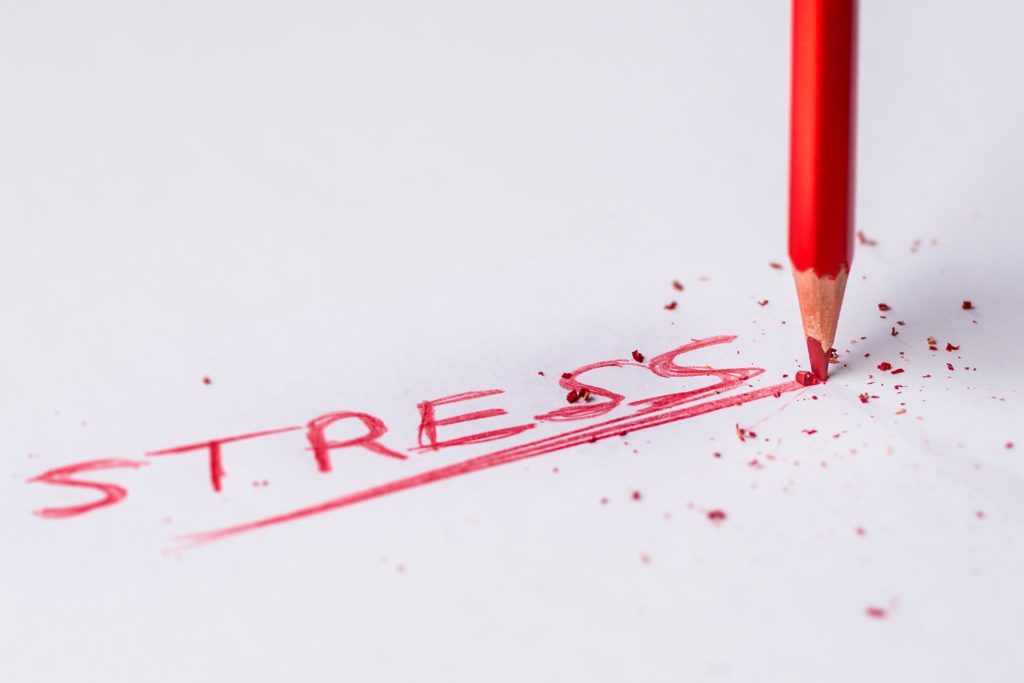
Professional success in almost any field requires drive, determination and boundless energy.
But when people focus solely on their careers, they may reach a point where they begin to ask questions like, “If things are going so well professionally, why don’t I feel happier?”
Or “If I have so much more money, why can’t I find the time to enjoy it?” Unfortunately, the pressure for continued success and professional growth stops many from answering these important and difficult questions.
Until a health or other crisis intervenes to force a confrontation with what ones true priorities are.
How do you know if you’re overstressed?
Ask yourself these questions:
- Do you rush in a panic to work every morning?
- Eat lunch at your desk to get as much work done as possible?
- Too exhausted at the end of the day to enjoy activities at night
- Ruminating as you try to fall asleep about what needs to be done tomorrow?
- Dreaming about work?
- Putting off vacations because you’re too busy to take them?
If you answered yes to at least two of these questions, stress is probably affecting your life more than you realize.
And it’s not uncommon for over-stressed people to either ignore or fail to recognize the signs that they’re over-committed to their work. But the physical and emotional consequences of working as hard and as fast as you can every day are serious, and include increased risk of a heart attack, decreased resistance to infections, anxiety and more.
How about some good news?
Fortunately, the process of redesigning an over-stressed life can be relatively straightforward, and includes an assessment of stressors, resources, commitments and opportunities for identifying personal and professional goals and values.
For example, Stephen Covey, in his book The 7 Habits of Highly Effective People, recommends identifying your roles in life, then your goals within your roles, and then planning your life accordingly. This is one effective and efficient way to make sure you’re not over-extended in areas of life that are not a priority for you.
Even if you’re not feeling particularly stressed right now by your professional life, take time to stop and examine your goals and values periodically to make sure that your professional development is unfolding in a way that’s consistent with your most deeply held beliefs.
Question: How do you recognize when you are over-stressed? And what is your typical response to that feeling?
